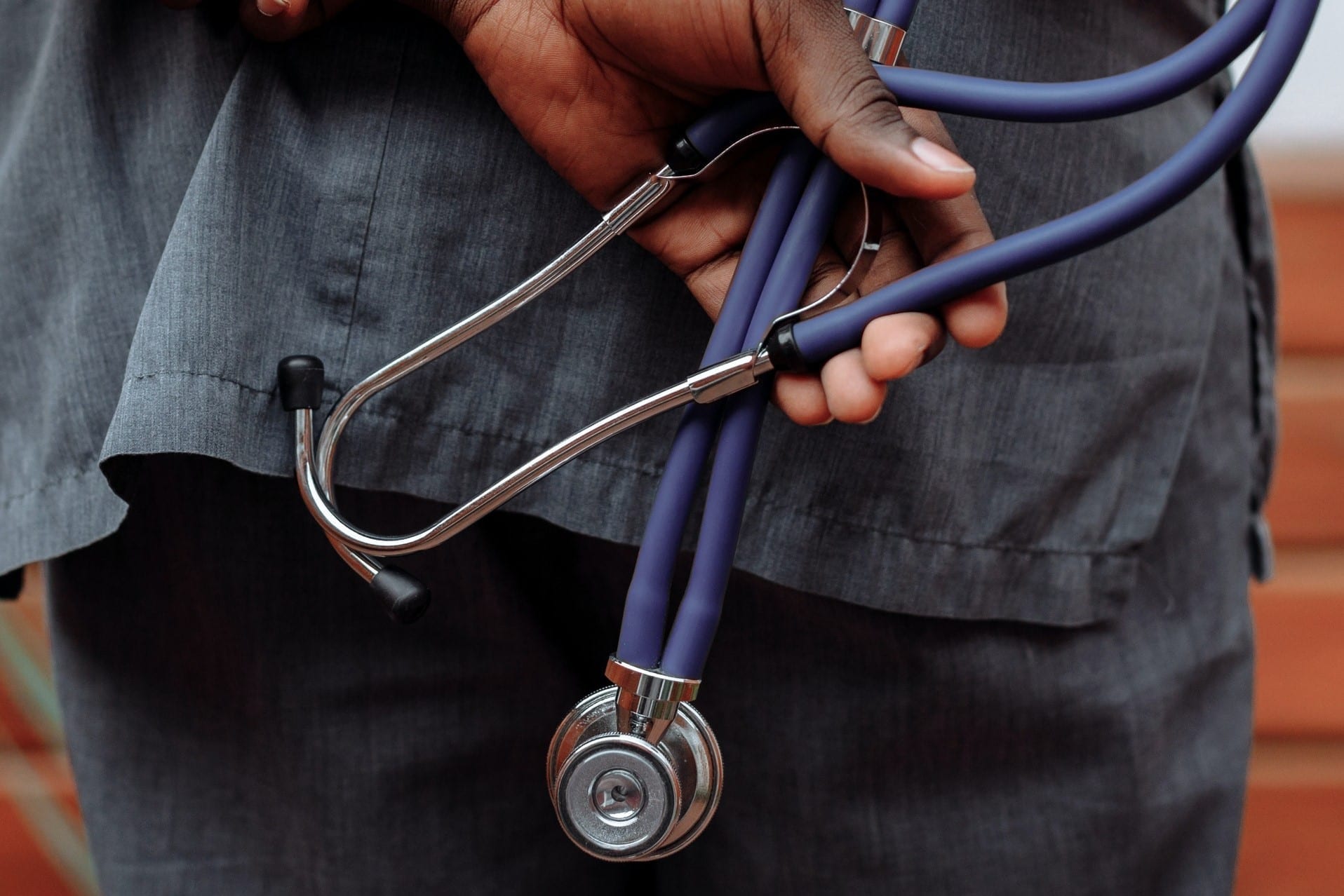Not always. You will have access to healthcare while you are incarcerated. But many formerly incarcerated people have said that healthcare in prison is often not safe.
How safe is the medical and mental healthcare in prison?
It depends on where you are. Healthcare is sometimes safe in prison. But there are many documented cases of issues for incarcerated people.
One report looked at how prisons cared for people with long-term illnesses. It found that “many inmates with a serious chronic physical illness fail to receive care while incarcerated.” That same report said that “improvements are needed … in correctional healthcare.”
There are several common problems with healthcare in prison.
- Neglect. Sometimes staff does not give adequate attention to people’s health issues. You can find many examples of people in prison complaining of a problem only for staff to ignore them. Then, those issues turned out to be very serious or even fatal.
- Overcrowding. One big issue is how full many prisons are. With so many people, doctors and nurses don’t have much time for each patient. This can lead to inadequate care.
- Money. Some states charge people in prison for healthcare. Since many incarcerated people do not have access to large amounts of money, they choose not to seek medical care.
- Transportation. Prisons do send incarcerated people to outside medical centers for more serious health issues. However, this comes with its own problems. Prisons are often in rural areas. That can mean lots of travel time. Transports also require extra staff. This can discourage prisons from getting outside help right away, leading to inadequate care for their patients.
Can you refuse healthcare in prison?
You can refuse healthcare in prison, but the final decision is sometimes up to staff. Most of the time, you will only get medical treatment if you consent to it. But courts have said that facilities can force treatment on you if it is done for safety reasons.
For example, you might have a mental health issue that makes you unsafe to others. Prison officials might decide they need to medicate you. If they do, they may do so even if you refuse treatment.

What can you do if you aren’t getting adequate healthcare in prison?
Not getting adequate healthcare is a violation of your civil rights. It is serious. You can report it to the government. Many civil rights claims have an “exhaustion requirement.” That means you have to go through a complaint process. But this is not the case with medical issues. Courts have ruled that medical cases are urgent.
Therefore, you can go straight to filing a civil rights complaint. You can report a violation to the DOJ’s Civil Rights Division. They have an online form that you can use. But you may not be able to access this from prison. You can have a loved one file a report for you. If that’s not possible, you can call them toll-free at 1-855-856-1247. You can also write to them at the following address:
U.S. Dept. of Justice
Civil Rights Division
950 Pennsylvania Avenue
NW, Washington, D.C. 20530-0001
The Civil Rights of Institutionalized Persons Act (CIRPA) also comes into play in healthcare situations. This law gives the federal government authority to look into state and local facilities. That means you can still contact the DOJ about issues in a state prison.
The Takeaway:
Many reports have shown that healthcare in prison is not always safe. There are many reasons why this might be true. You can refuse treatment if you want, but prison staff may have the final say. They can force you to accept treatment. Not getting proper healthcare is a civil rights violation. You can report it directly to the DOJ, even if you are in state prison.






